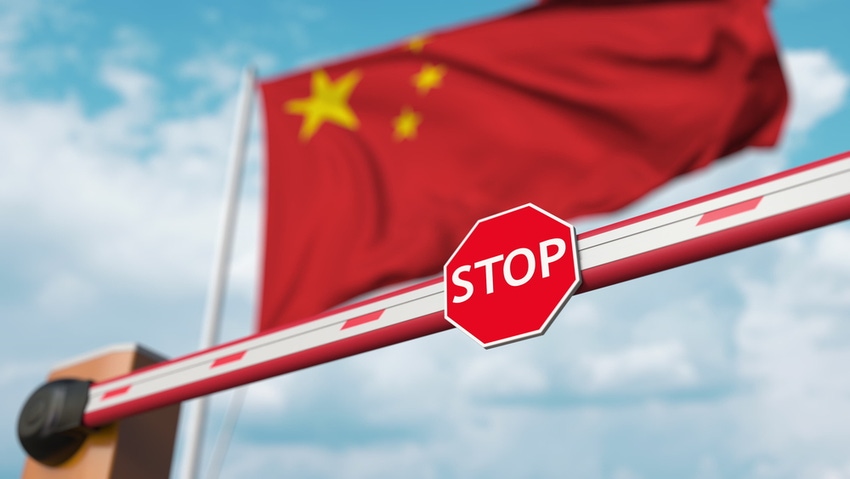Content Spotlight
Podcast: MilliporeSigma says education vital to creating unbreakable chain for sustainability
MilliporeSigma discusses the importance of people, education, and the benefits of embracing discomfort to bolster sustainability efforts.
February 9, 2023

China is planning to prohibit any export from biotech companies engaged in certain pioneering cell and gene editing technologies.
The proposed ban affects companies developing cell cloning and gene editing technology for human use, along with restrictions on the export of CRISPR gene editing technology and synthetic biology technology.
Officially, the ban is in limbo during a public comment phase, though the edict will probably not change significantly. The proposed China export ban follows the 2022 US CHIPS and Science Act that supported semiconductor chip manufacturing in the US and restricted export of the most powerful chips to China.

Image: DepositPhotos/
alexeynovikov
In addition, the Committee on Foreign Investment in the United States (CFIUS) committee in the US Congress is slow-walking a proposed $169 million takeover of F-Star Bio by Sinopharm. F-Star is a UK immunotherapy company, but it merged with US-listed Spring Bank Pharmaceuticals of Massachusetts to gain a NASDAQ listing. F-Star describes its technology as “next-gen,” though its program appears similar to the products of many developing biopharma companies.
Under a new law, US companies being acquired by or merging with foreign entities must notify the US Federal Trade Commission of any subsidies the foreign company may have received from governments. This reflects a long-time concern that China’s companies – biopharmas and other high tech industries – have an unfair advantage over US companies, which theoretically do not have direct governmental support.
Both the US and China see technology as a key part of their competition with each other. For biopharma companies, the in-licensing/out-licensing of specific products may largely escape bans caused by this competition. However, large cross-border investments and, even more importantly, mergers now will be more difficult to close than they have in the past.
The billion-dollar transactions of the last few years (along with the smaller sized deals) have been good for both sides, and theoretically good for patients but with government-led sanctions from both the US and China, there may be fewer in the years to come.
This article was first published in China BioToday on February 7 2023.
You May Also Like